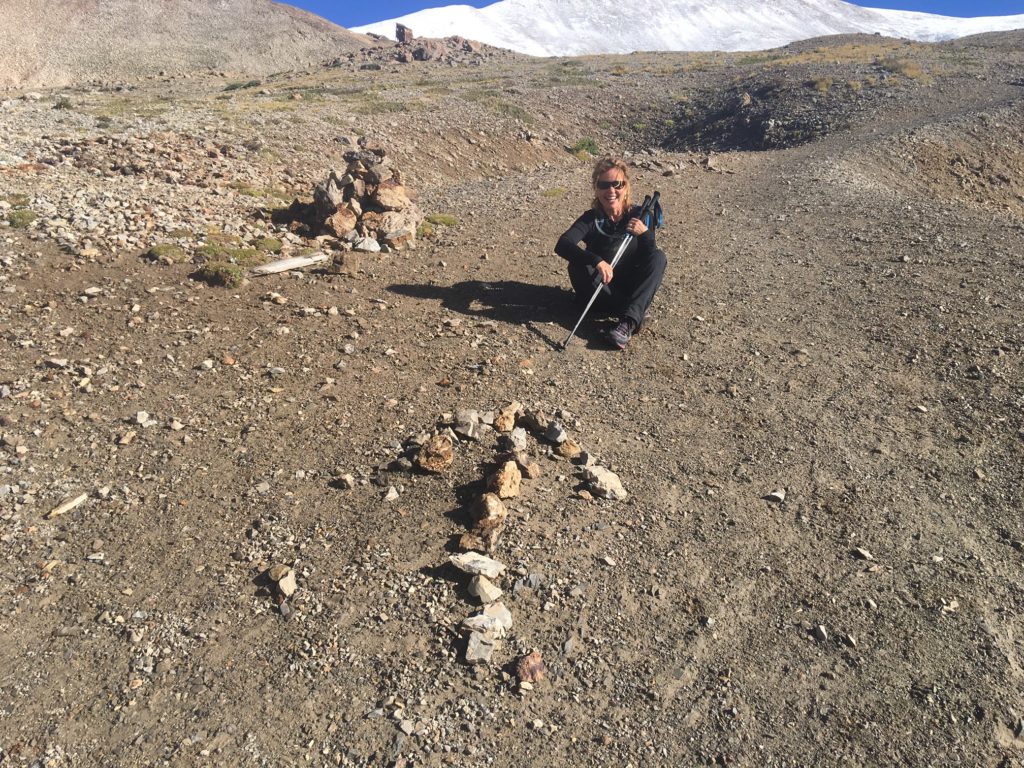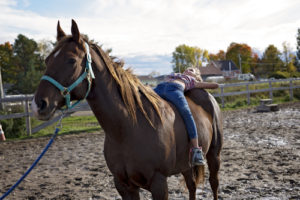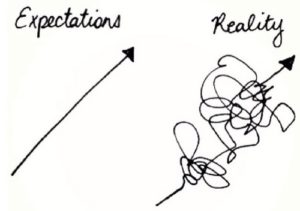Category: Health and Wellness
The Big Rewind
10-Day Blood Sugar Reset
Fall Yoga, Meditation & Journal Retreat
Unchanged:
Unchanged:
move
Unchanged:Restore your mind and body as Tom and Tina lead you through daily yoga and mindful movement designed to both inspire and calm the senses.
Coming home to your body through guided movement and awareness is a powerful and healing act of self-love.
Taking this time to move inward to reconnect your head and heart, will strengthen your movement practice or help you begin one.
Unchanged:
“You are the sky. Everything else is just the weather..” ~Pema Chodron
Unchanged:
Unchanged:
Meditate
Unchanged:Stillness is a practice we cultivate to feel fully present and alive. In this retreat, you’ll have ample opportunity to drop down and drop inward with three-daily meditation practice sessions.
You’ll be amazed how quickly you’ll love this practice and the peace and comfort it brings to you.
Tom is an excellent meditation teacher, skillfully weaving humor, storytelling, and music to uplift and inspire your practice at Timber Creek and beyond.
Unchanged:
Unchanged:
jourNAL REFLECTION
Unchanged:Keeping a journal can be transformational. It’s a decisive practice that allows us to create a safe place to record and express our feelings, emotions, and deeply held desires.
If this is something you’d like to explore, Tina will provide guided journal prompts to make the process accessible and fun.
Keeping a journal can help access the music and voice of your true emotion.
For some, a journal is considered a best friend.
Unchanged:
Unchanged:
“All serious daring starts within.” ~Eudora Welty
Unchanged:
Unchanged:
Unchanged:
REST
Unchanged:Let yourself sink into the luxurious comfort and care of Timber Creek Retreat House. Just one hour south of Kansas City, you’ll feel you’ve escaped to a magical and magnificent lodge in the woods.
Surrounded by eighty acres of wooded trails and wildlife, Timber Creek is a refuge from life’s daily stresses with no detail of your comfort overlooked.
Take a nap in your king-sized bed, slip into a good book by a cozy fire, treat yourself to a massage or a lazy walk in the trees, or enjoy the serenity of the beautiful meditation room.
Timber Creek was conceived and created with one goal in mind: your comfort and well-being.
Unchanged:
“Just be, and enjoy being.” ~Eckert Tolle
Unchanged:
Unchanged:
Unchanged:
retreat
Unchanged:Busyness is an addiction that robs us of our wholeness. Taking time to rest, reflect, and retreat is a statement of our own self-worth and value.
- Make time for healing.
- Make time for presence.
- Make time for sustenance, friendship, solitude, and silence
Open up and make time for your light to shine. It’s greatly needed in this world.
Unchanged:
“Almost anything will work again if you unplug it for a minute,
including you.” – Ann Lamott
Unchanged:
Unchanged:
Questions?
Please email or text Tina for answers!
Email: tina@tinasprinkle.com
Text: 913 963 8546
Unchanged:
Unchanged:
* Timber Creek rooms are limited. Most are private rooms but you’re
welcome to share with a friend if you’re open to also sharing a bed.
Just select the semi-private option @ checkout.
Added:
Register before May 31st, 2022 and save $150!
Use code EARLYBIRD at checkout.
Why Women Don’t Sleep
Why nature is my physician
My love of nature started in childhood as my parents insisted their three children play outdoors as much as possible. While we weren’t allowed to run wild, (you never wanted to hear my Mom’s frenetic bell ring because you were somewhere you weren’t supposed to be), we were given the freedom to spend hours rolling around in the grass, climbing trees, dancing in the driveway, or playing a mean game of tug of war.
Perhaps it was because my parents just wanted us out of the house, or maybe they knew intuitively what scientific studies reinforce today: Nature is a powerful ally and healing force for our mind and body.
nature is good for us
We know that spending time in nature makes us feel good, but does it measurably affect our well-being? Study after study has shown the answer is yes.
Studies show that being in nature, or even viewing scenes of nature, reduces anger, fear, stress, and increases pleasant feelings. Exposure to nature not only makes you feel better emotionally, but also contributes to your physical wellbeing, reducing blood pressure, heart rate, muscle tension, and the production of stress hormones.
According to health researchers Stamatkis and Mitchell, nature not only improves the quality of our lives but the length of them as well. And a study published in The Journal of Positive Psychology in 2018 found that spending as little as five minutes outdoors was linked to a significant mood boost.
Research conducted in hospitals, offices, and schools has found that even a simple plant in a room can have a significant impact on stress and anxiety.

nature is our happy place
Our affinity toward nature is genetic and deep-rooted in evolution. For example, have you ever wondered why most people prefer to book accommodations that have a great view from the balcony or the terrace? Why patients who get a natural view from their hospital bed recover sooner than others? Or why we crave downtime in nature when stress takes it’s toll on our zen.
“Study Nature, love Nature, stay close to Nature.
It will never fail you.”Frank Lloyd Wright
Nature’s Impact on our Health
Who would have thought that a little time with the flowers and trees can actually improve your memory? The University of Michigan conducted a study that revealed students who regularly went for a nature walk actually had a better time retaining information.
- Nature improves short term memory.
Nature also helps us cope with pain. Because we are genetically programmed to find trees, plants, water, and other nature elements engrossing, nature can distract us from pain and discomfort. - Nature reduces stress hormones.
In a world flooded by screens, sometimes just taking the time to unplug and go outside can do wonders for reducing stress. Nature has a calming effect on our brains, even if it means going outside for just five minutes each day. As an added bonus, outdoor exercise, like going for a walk, hiking, and so forth, gets the blood flowing and heart pumping, another way to lower stress levels. - Nature increases our levels of Vitamin D.
Sure, too much sun can damage the skin and possibly lead to cancer. That being said, studies show that getting between 15 to 20 minutes a day of sunshine will allow your body to absorb vitamin D, which helps strengthen bones and reduce the risk of cancer, type 1 diabetes, and multiple sclerosis. - Nature improves our immune system.
Research has shown that going outdoors and getting enough sunlight can help boost the immune system. Make sure to take a little stroll outside or enjoy a bit of fun outdoors to help fight disease and stay healthy. - Nature reduces inflammation.
Inflammation in the body can lead to all sorts of disorders, from depression and cancer to autoimmune diseases. A study demonstrated that participants who spent a bit of time each week walking in the woods experienced lower levels of inflammation in the body. - Nature inspires creativity.
Nature comes in so many colors, from orange-sky sunsets to seafoam green waters and rose-colored gardens. Spending time outside gives a chance to get inspired by all the gorgeous sights, smells, and sounds of the outdoors. Science backs that up, too, showing that spending time outside actually helps get our creative juices flowing. - Nature improves vision.
We spend a lot of time looking at screens, which can damage eyesight. Going outside gives our eyes a break from staring at a computer, television, or smartphone. Australian scientists even found that children who spend time outdoors reduce the risk of developing myopia later in life. - Nature improves our sleep.
Spending time in natural light helps our bodies better regulate sleep patterns. When the sun goes down, our brains will release the right levels of melatonin to help get a good night’s sleep. - Nature increases feelings of happiness.
You can find all kinds of different activities outdoors for all fitness levels and preferences. Whether it means going for a swim in the sea, taking the dog for a walk in the park, or mountain biking, finding outdoor activities that we enjoy will boost your mood and help you to feel happier. Plus spending time in nature promotes mental well-being. - Nature can open the door to a deeper sense of spirituality.
A long walk in nature on your own gives a chance to clear the mind and can even count as a type of meditation. Spending time in nature helps us live in the moment as we breathe in the air, listen to the sound of the birds chirping, or feel the grass on our feet.Nature can even teach valuable lessons and reveal metaphors to help us connect with our spirituality. The changes of the season reflect the peaks and valleys we go through in life. Meanwhile, a coursing river reminds us of our need to “go with the flow” and navigate the waters of life, so to speak.
Nature’s generous lessons are all around us when we slow down enough to take notice.
“A walk in nature walks the soul back home.”
Mary Davis

take a walk, skip the pill
A walk in the fresh air, the sun on our skin, bare feet in the sand: spending time outside can bring so many small pleasures, making us feel refreshed and revived. Whether it means sitting in your backyard garden sipping a cold iced tea or going for a thrilling white water rafting adventure, time in nature has the power to heal, inspire, and guide you daily.

Need some nature?
Join Tina Sprinkle and Lisa Looy for an amazing adventure on their WILD IN MONTANA Retreat. Daily meditation, guided hikes, horseback riding, and more. Space is limited so don’t delay! This retreat will sell out.
GOOD ENERGY RESOURCES
Everything Changes
I know change is inevitable and yet, I still resist and deny it when it arrives. I’m not sure why I insist on giving change such a bad rap because, in truth, change has been my life long friend.
Change helped me find the courage to leave an abusive man with no real home and two small children. Change insisted I exit a toxic workplace, even when I didn’t have another job. Change has alternately encouraged, discouraged, pushed and pounded me. But what caused me the greatest pain wasn’t change, but the resisting of it.
Change’s constant presence still reminds me there is an opportunity in every letting go.
I’ve spent most of my adult life helping people- specifically in the area of health. My goal is threefold: first, to help people desire to be healthy; second, to accept that it’s within their ability to do so; and third, and most importantly, believe that they’re worth the effort required.
Convincing someone to consider one of these tenants can be a stretch, getting them to embrace all three is just a plain, hard sell. Why? Because it involves change.
We’re so focused on what we think we’re giving up, we overlook the possibilities and opportunity within the same change.
Next month we will move Pilates 1901 to a new location. I am excited about this next chapter but also admittedly sad about leaving the home we’ve shared for eleven years. The new studio is just 28 blocks away, a beautiful new space that is as light and fun and as welcoming as always.
We’ll be providing the same great service with the same love and integrity that has always defined Pilates 1901. It really is silly to get my panties in a wad, but I do and I will, and I expect some others may, too.
It’s part of the deal. I get it.
I’ll still be teaching and preaching Pilates, health, empowerment, and faith to anyone who will listen.
But as I turn sixty, I feel also change demanding more of my attention and more of my grace. I’m looking forward to less distraction and more presence; less thinking and more being; more teaching, and healing and learning.
One morning, many years ago, I was greeted with a note from my youngest son. He’d left it for me on the desk where I spent the bulk of my time when I was at home. It was a picture of Joan of Arc; beneath it, he’d neatly printed these words: “For general peace and well-being, please resign from being General Manager of the Universe.” Leave it to Spirit to deliver such a powerful message via a ten-year-old. I’m sorry, Sean that it took me so long to hear.
The Buddah said, “the only thing constant in life is change.” I am learning that is true.
I’m just going to let go, trust and ride this new incredible wave. I hope to see you at the shore.
Why Eating Clean Isn’t Enough Anymore

During that time I have survived the low fat, high carb craze, the long slow distance theory of fat loss, and countless wasted hours planted on a spin bike, stair climber, treadmill, all in the pursuit of a better, leaner, healthier body. The rub? I was taking a huge detour, but, I didn’t know what I didn’t know.
Going Paleo changed my life and my body.
Nine years ago I discovered a better approach to exercise, (variety), and changed my eating habits (Paleo) which finally helped put my body back in balance, helping me lose those last 10 lbs. At 50, I looked and felt better than I had in my 30’s! (I’d still just as soon be 30, with my life experience now, but we don’t always get what we want, right?)
Just as my slightly older friends had warned me, with age comes change; that not so subtle metabolic ‘clunk’ that signals another shift in your body composition, energy, and mobility.
You’d think after three hip replacements I might have a clue, but my persistently positive attitude always makes me susceptible to naivety.
Denial notwithstanding, recently, the reality of time’s passing has shown up in my ability to, well, MAINTAIN.
And I am certainly someone you might call pro-active! I eat clean, workout regularly, meditate and try to be kind to others. I practice gratitude, dammit! But all of those things still added up to this: my back hurt, I felt shitty, fat, stiff and old. Furthermore, I just noticed dimples on my biceps! WTF????
Of course, I am aware of the source: inflammation.
That’s essentially what aging is. As we get older, we “rust out,” sooner than later if we don’t watch our sugar intake, alcohol consumption, or choose to stop moving. Other things play a role too, like sleep, attitude, staying connected and engaged, and having a faith of purpose.
What I didn’t understand until very recently was also how much our environment plays a role. To be specific, I’m referring to the (literally) thousands of toxic chemicals we are exposed to daily.
The minute we step out of bed in the morning, the Toxic Party begins.
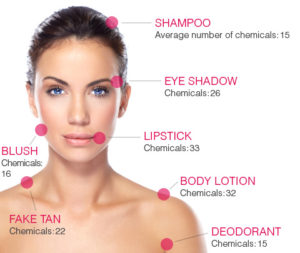
Our food, air, and water supplies are also loaded with chemicals; chemicals largely sanctioned as “acceptable” by our governmental agencies; the same organizations that were designed to protect us.
In a 2003 study performed by The Environmental Working Group (EWG) and the Icahn School of Medicine at Mount Sinai in New York City, researchers found an average of 91 industrial chemicals, heavy metals, or other significant toxins in test subjects. These chemicals included PCBs, commonly used insecticides, dioxin, mercury, cadmium, and benzene. At least 53 of these are known to suppress our immune system.

Autoimmune dysfunction is when the body gets triggered somehow to turn our own immune systems to “fight” and resist us. This can affect one organ or multiple organs which causes a myriad of diseases.
The Bottom line? We feel bloated, stressed, wired and tired. That’s not the quality of life we aspire to.
So what can we do? Thankfully, there’s a lot. Here’s what I’m doing:




All I can say is denial is a powerful thing.
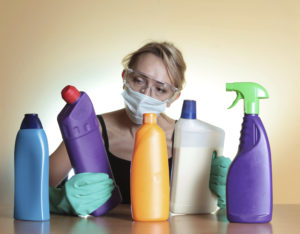
GOALS: Overrated or Necessary
As someone who coaches people to help them make positive changes in their lives, it may seem curious that I am lukewarm regarding the subject of goals, goal setting and even, ‘goaltending.’
Not all goals are good, even when created from a place of sincerity. Some goals, in fact, can hinder our forward progress simply because they miss the mark. We think we’re sure-footed on the path to the Summit because we can see the peak, only to find we’re off the trail, lost footing in scree, helplessly lost and frustrated. It happens. It’s happened to me, PLENTY of times.
That’s when it’s decision time- we can slide back downhill and say it was just too hard or dangerous to continue, or we can pull up our big people panties and figure out how to get out the hell out of our current mess and keep going.
As someone who makes her living by asking people to look beyond what they may believe is possible, I’m also asking us to also look beyond the goal itself.
Because it’s not the goal that drives us, it’s the energy and vision behind it and that’s something very different. That’s intention.
The reason so many of us fail to reach our goals is that we haven’t done the prep work. Perhaps, because we were told that we’d never accomplish anything without setting goals, we understood this to mean that the goal was the goal.
The goal is NOT the goal.
When I was 8 years old, my parents took me to a dude ranch in Colorado called Peaceful Valley. It was the first of many Summer trips there that I remember with great affection. These trips were my first exposure to the mountains, wilderness, the grandeur of nature, and horses; all still great passions of mine.
The Ranch’s owner divided the parents from the children which was, of course, a great relief to both of us. Emancipated from my parents, I had the freedom to explore, run wild, make new friends and, fall in love with horses. My first love was a horse named Strawberry.
This was no casual romance. I was completely, insanely, unconditionally smitten.
In retrospect I can see she was a geriatric, definitely past her prime, (I mean, what kind of horse are you going to put a little fat, inexperienced and excitable eight-year-old on), but all I saw was her solid beauty and magnificence.
On her back, I felt regal, powerful, free and entirely happy. I loved the smell of her, the way my feet felt in the stirrups, the rough touch of her mane and the way she sassed her tail about. As we meandered through thickets of pine and fields of Summer flowers, I felt that unique inspiration reserved for young children. She and I were ONE and I knew, whatever it took, that I MUST have a horse of my own.
I informed my parents of this fact and they said that was great! I certainly could have a horse of my own, when I earned the money to purchase one. Knowing my parents, I’d suspected this was coming and resigned myself quickly to the reality that this was going to take some time.
My goal was to own my very own horse.

It took me several years to earn the money through babysitting, errand running, delivering magazines door to door, etc, but I did it. I finally had enough money to go horse shopping. You can imagine my intoxication at my first horse auction; the smell of horses, the hay, the cowboys and that silvery tongued auctioneer! I sat there dreamy and dazed, hypnotized with romantic anticipation; my future horse and I would literally ride off into the sunset.
I didn’t purchase a horse that night, but I do remember a definite shift in my consciousness. For the first time in my life, I knew I was near accomplishing a really, really big goal, and that has a way of redefining who you know yourself to be. Even at twelve, especially at twelve.
Later that month, I found a horse in the classifieds and made him mine. I can still remember the clothes I had on, the new brush in my hand, the breathless drive from stable to stable. His name was Santana, and as it turned out, he would be instrumental in teaching me many more lessons. But that is another story.
So yes, I do believe in goals. But only the goals worth making, (not having).
The kind of goals that require action and planning, passion and pruning. The kind of goals that through the process of achieving, can literally change our lives.
Of course there are no guarantees. Even with the best of intentions, the greatest of plans, we can falter, stumble and lose our way. The truth is, any goal worth the effort is freaking hard work and we’re going to have to recalculate our intentions along the way if we truly want to succeed. This recalculation is the tricky part and that’s the part that interests me most in my work.
What we expect and what we get in life are rarely in sync.
I love this picture because it says it all. The first step in managing this, I believe, is to have a really good sense of humor. Shit happens, ok. Move on. Look up. Keep going.
It’s how we keep going that’s the good stuff. That’s where I like to play. That’s also where I feel we can have the most impact with one another – by taking the time daily to be mindful not only of ourselves but the people around us.
Once you see that we’re all doing the best we can, the noise quiets down and it’s easier to hear that voice in your head (and now I’m talking about the good one, not the critical one); the voice that calms you and centers you and makes you laugh at stupid stuff.
The small and patiently persistent voice that whispers, ‘Go, ahead, make my day. Be kind to yourself and others and see what happens.”
Because when we do that, our goals come around with a lot less effort and a lot more joy…. the length of our journey and the path we take is still all up to us. But as long as we’re on it, isn’t it good to remember that the journey is half the pleasure and all about purpose.


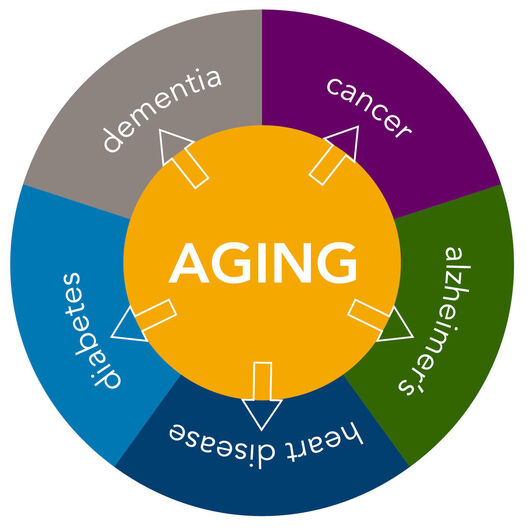
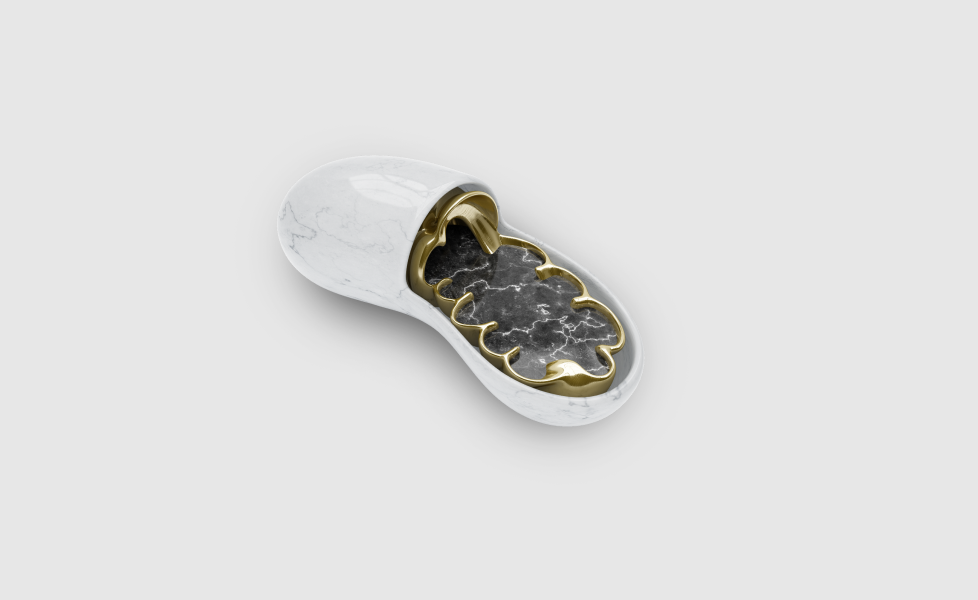
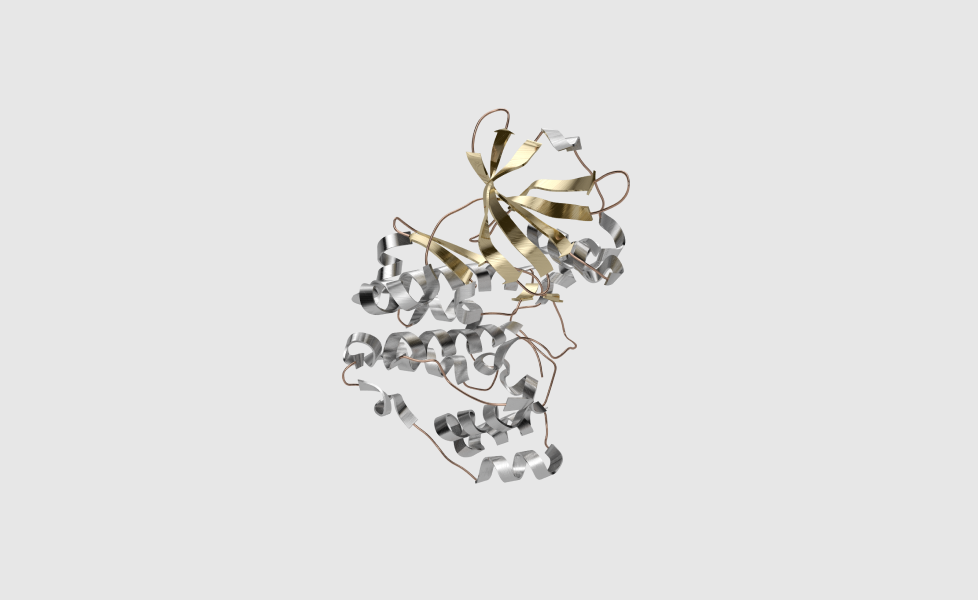


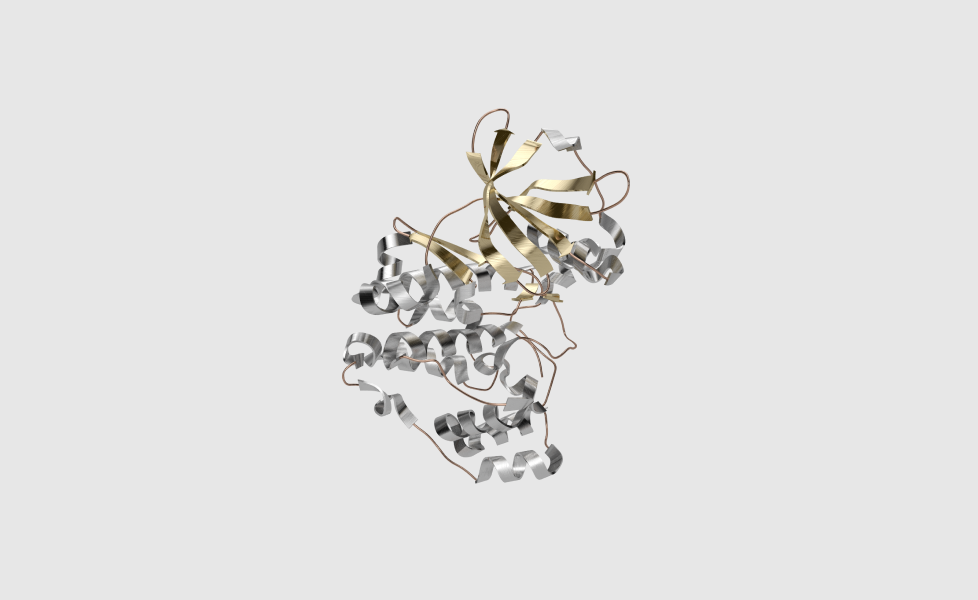
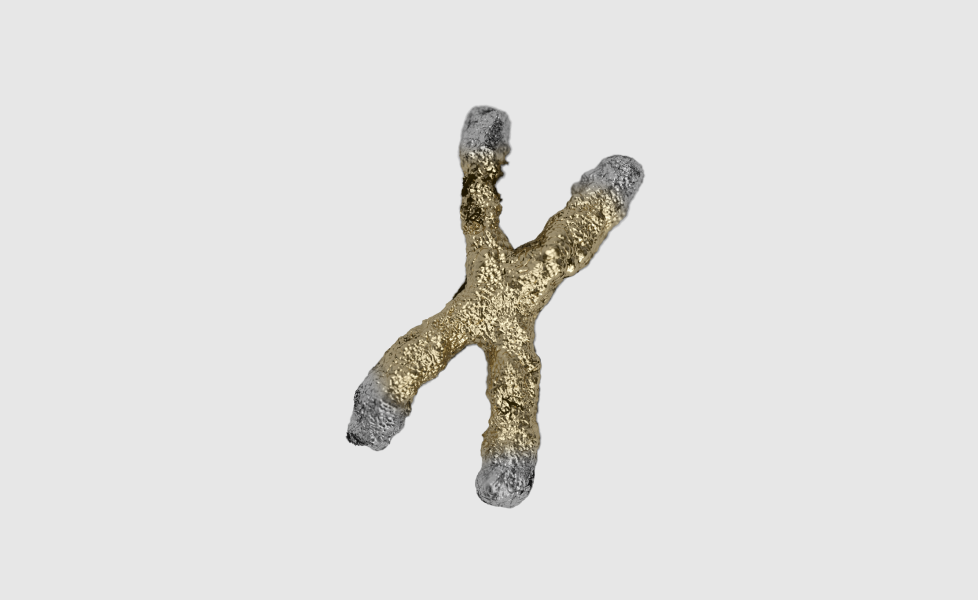
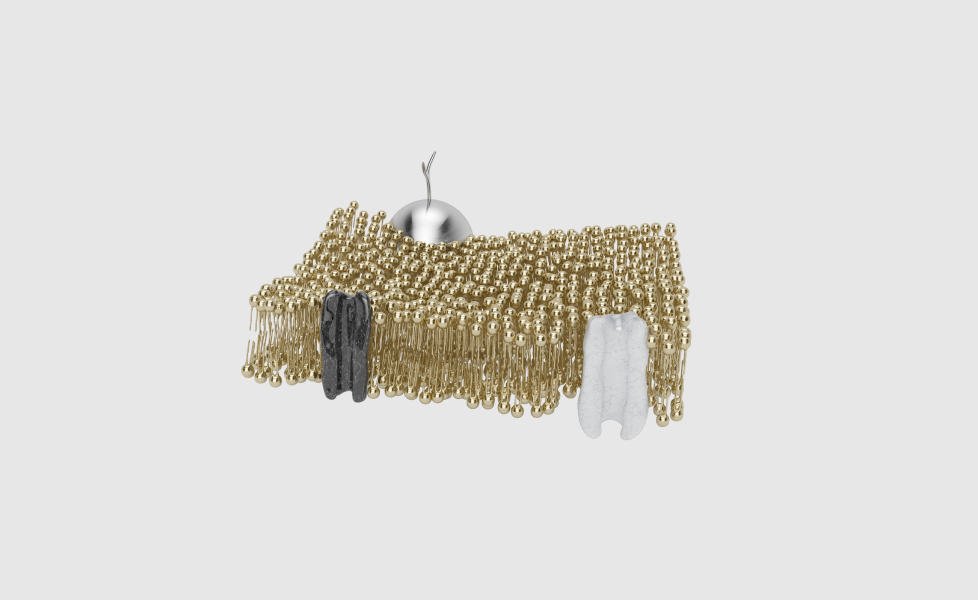
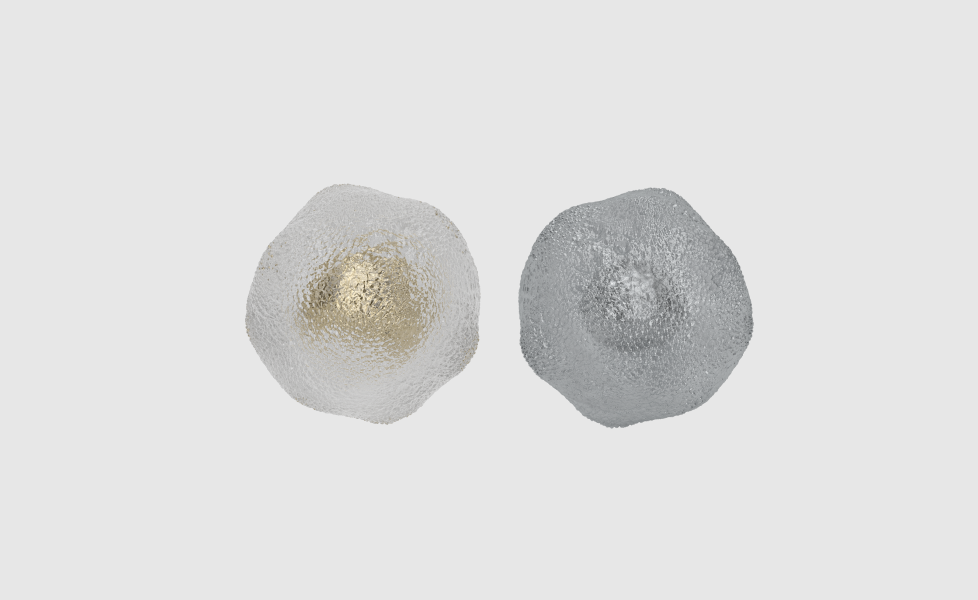
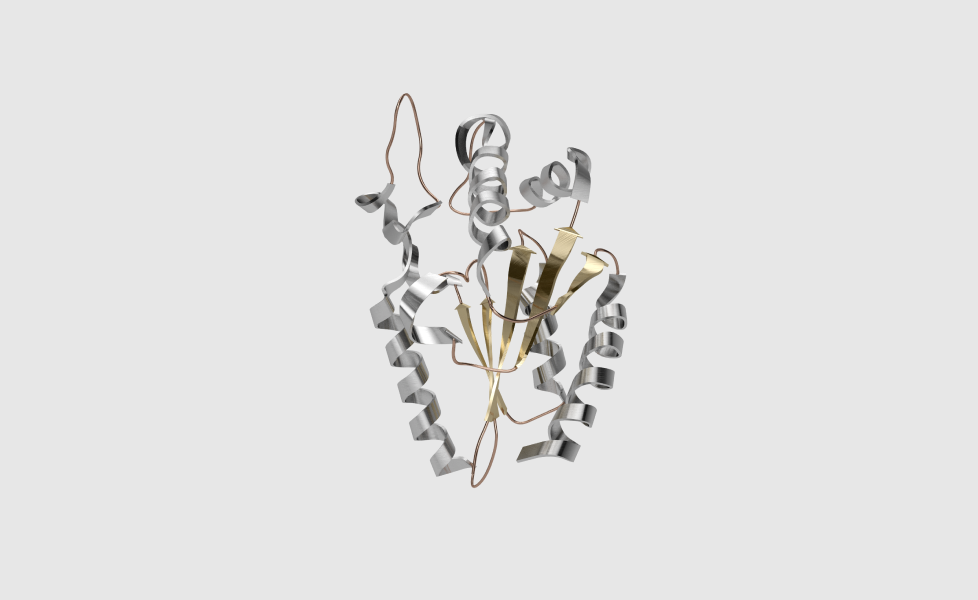
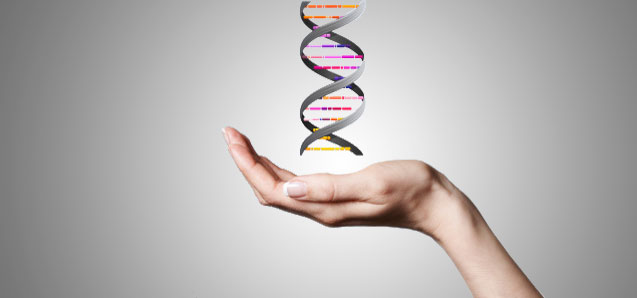
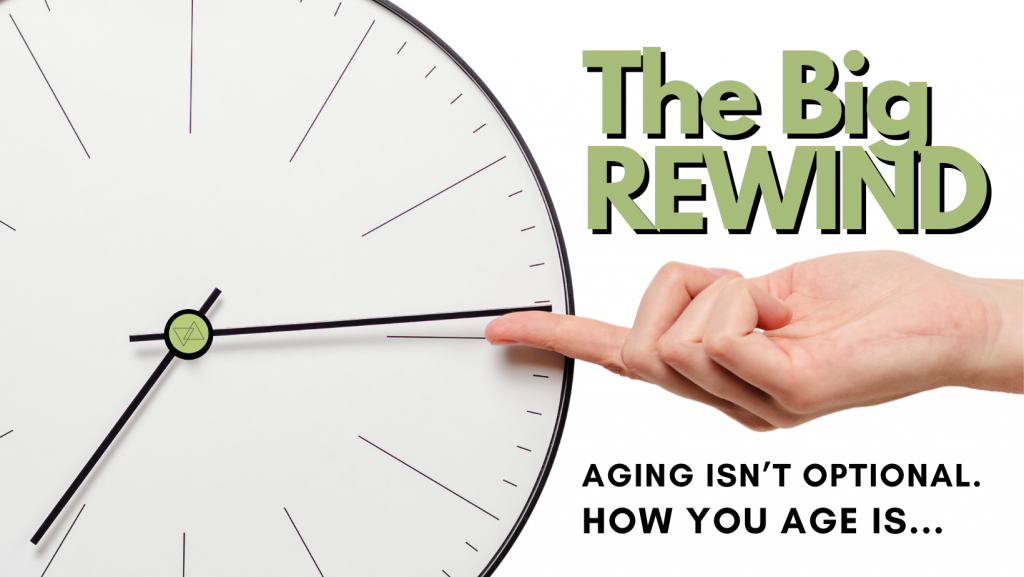




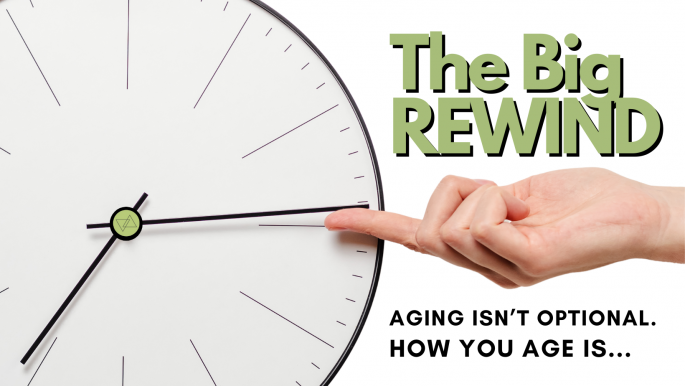


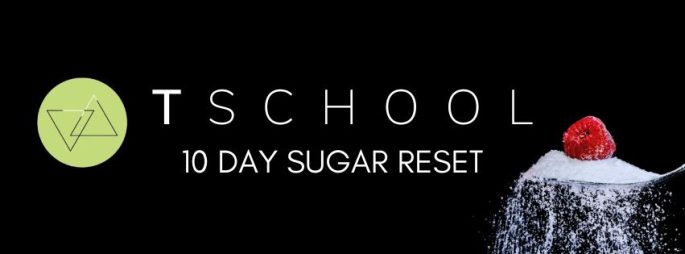
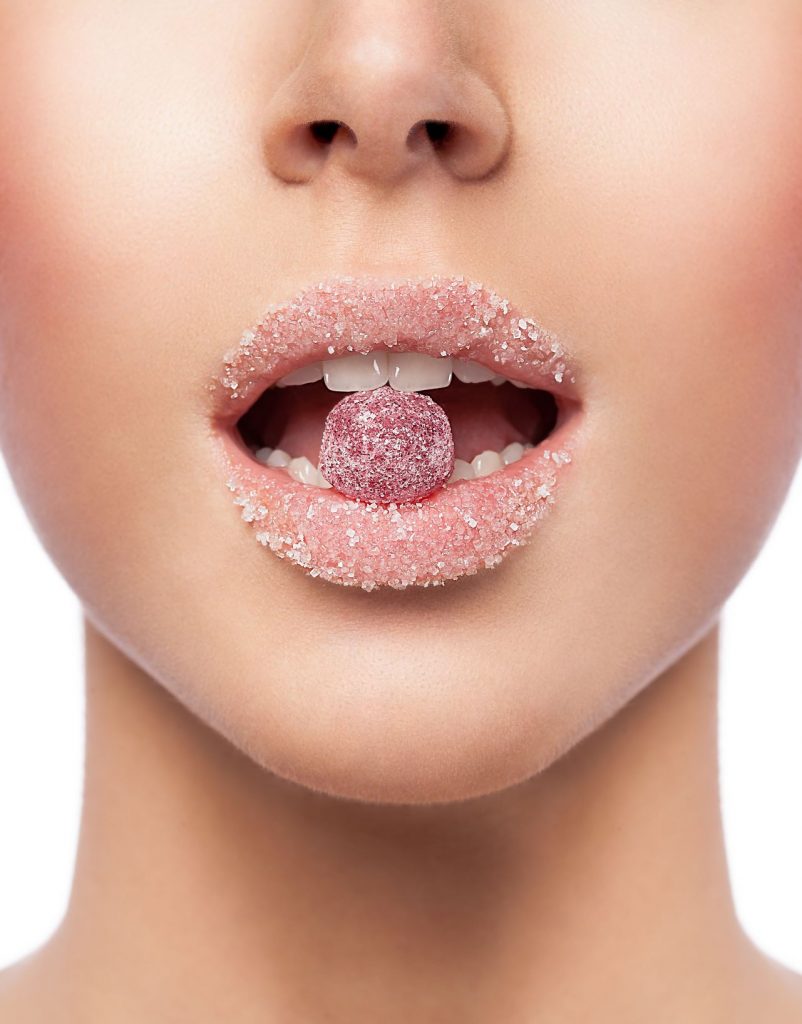

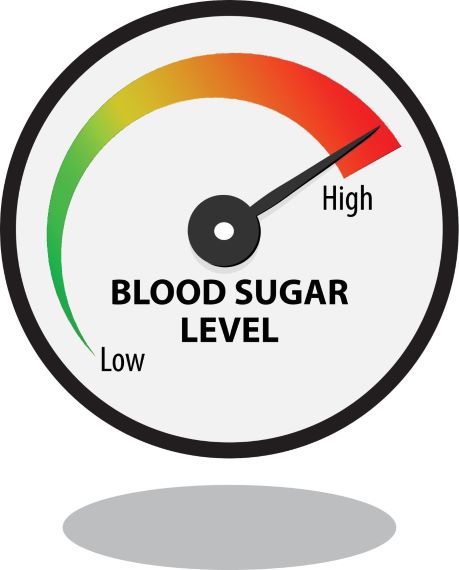
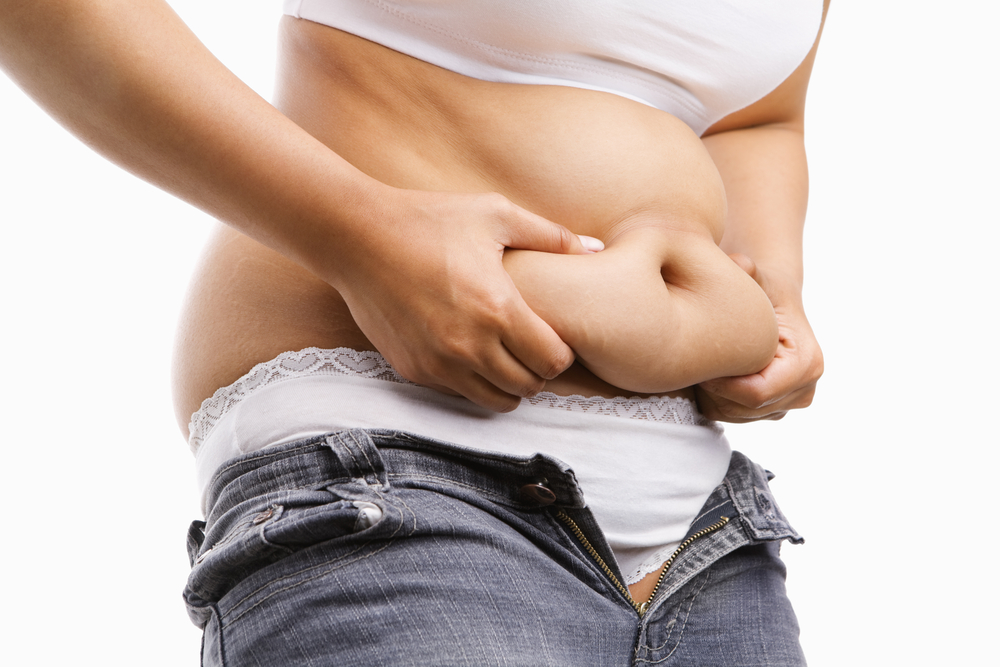
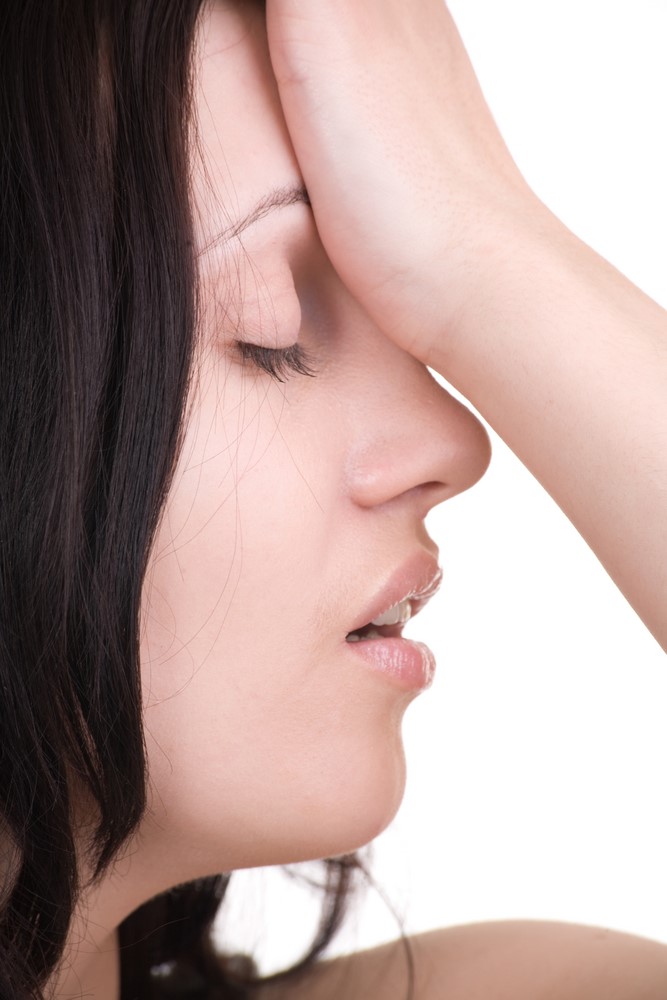
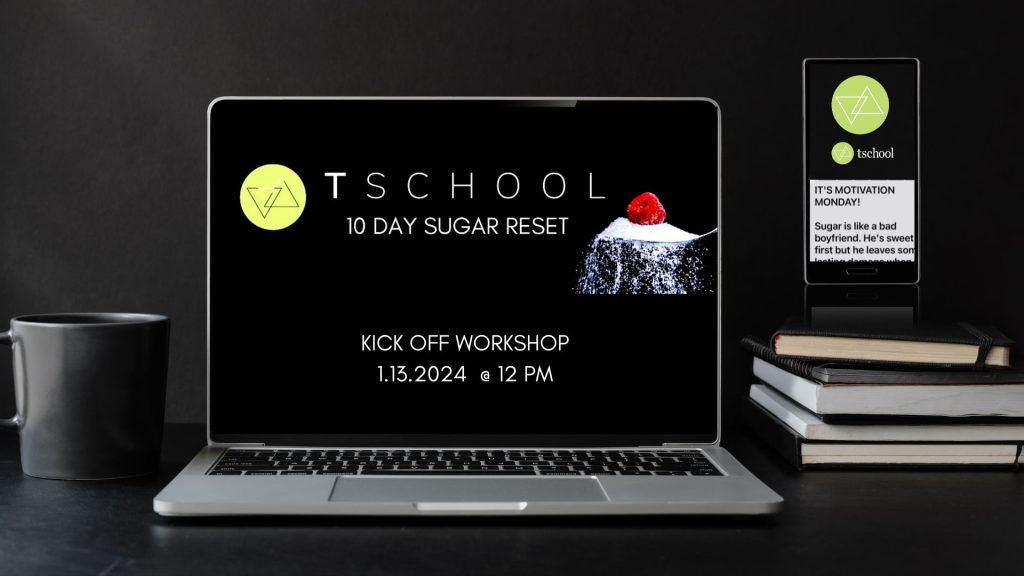
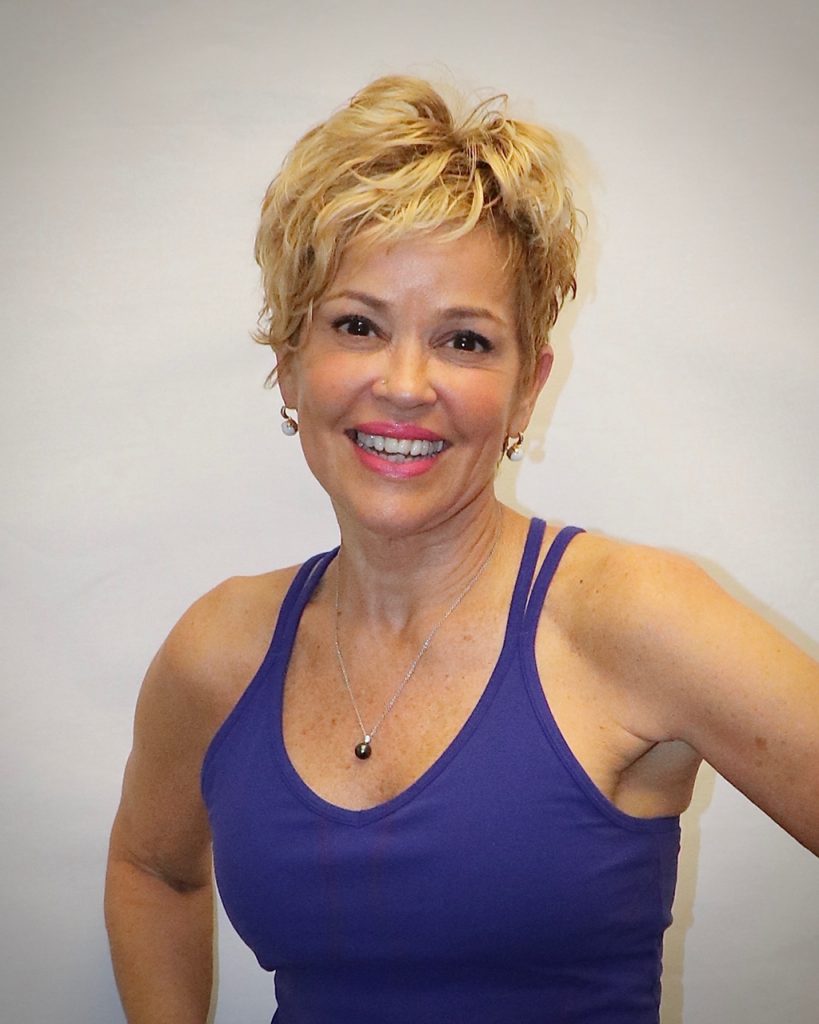
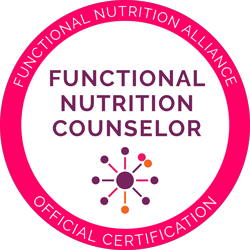
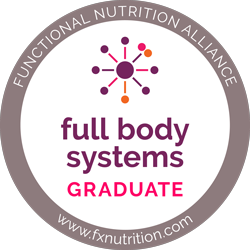
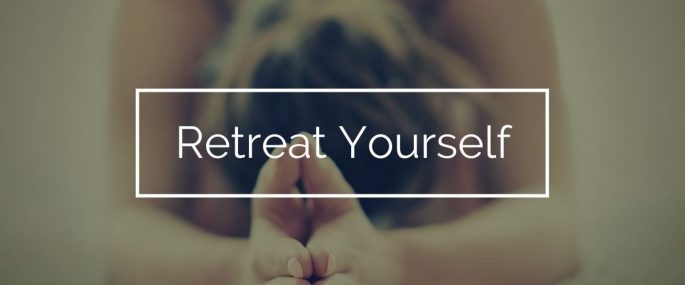
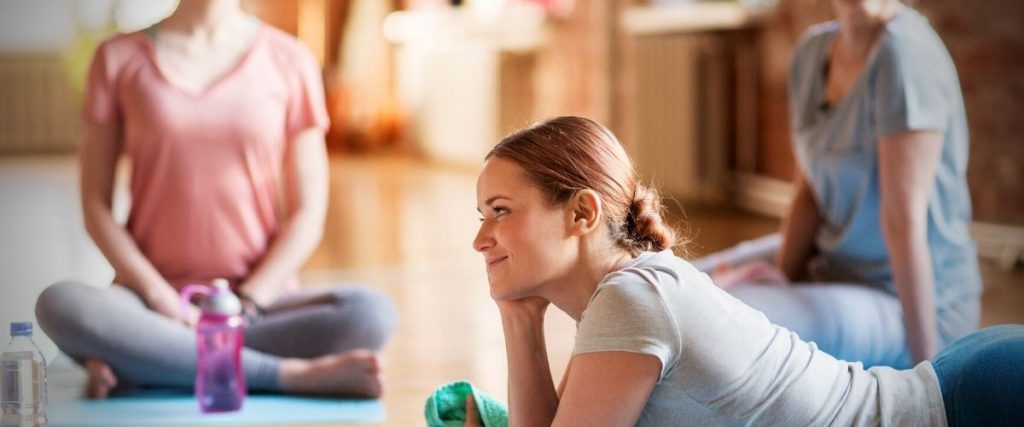
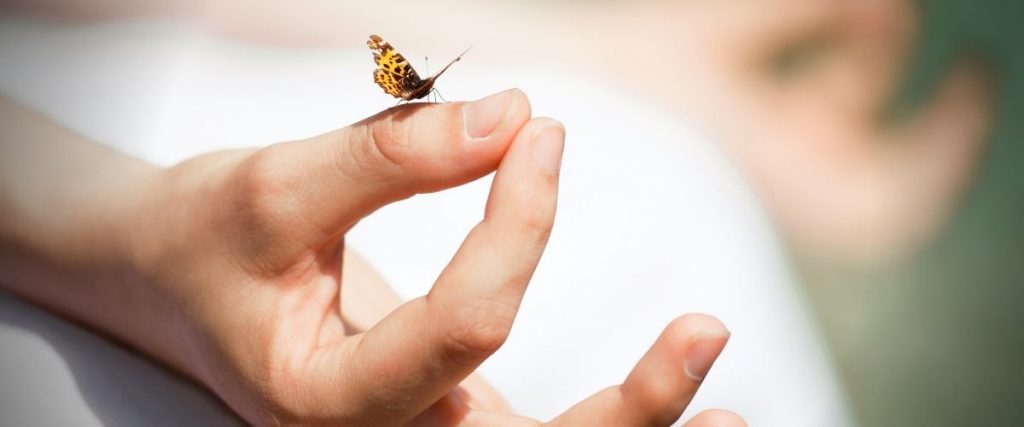



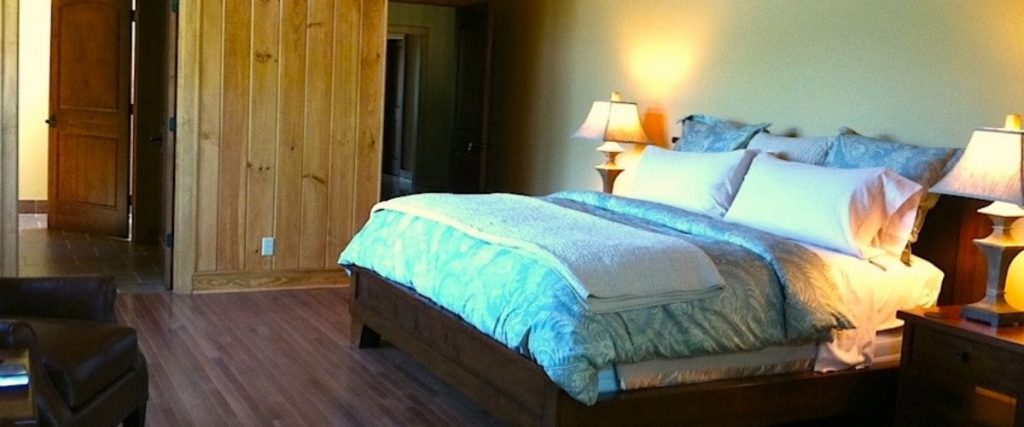
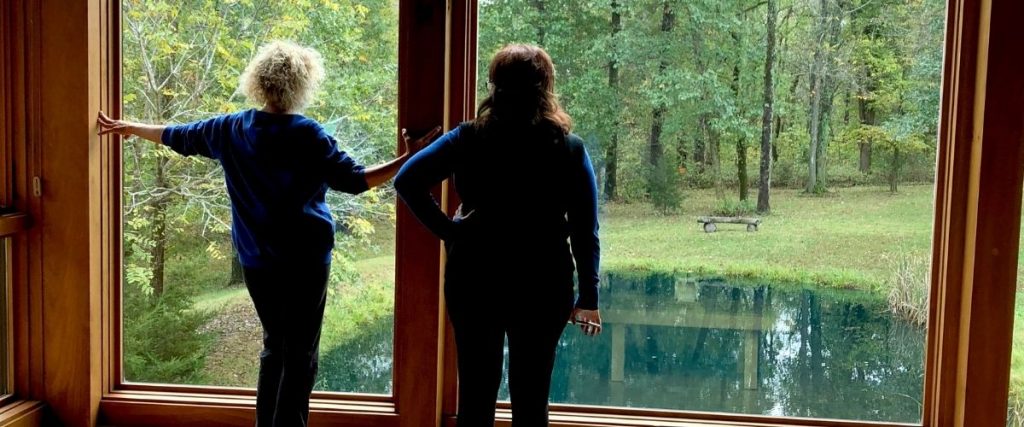




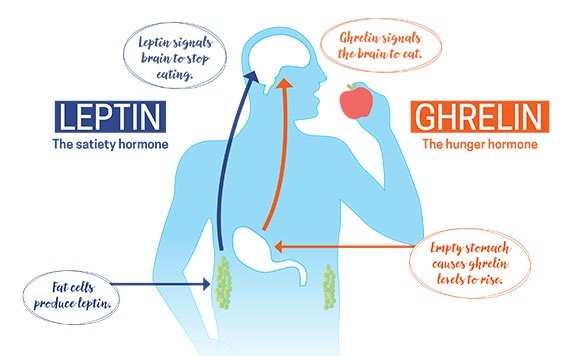

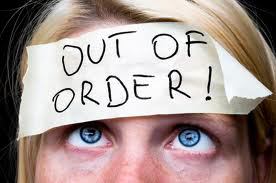


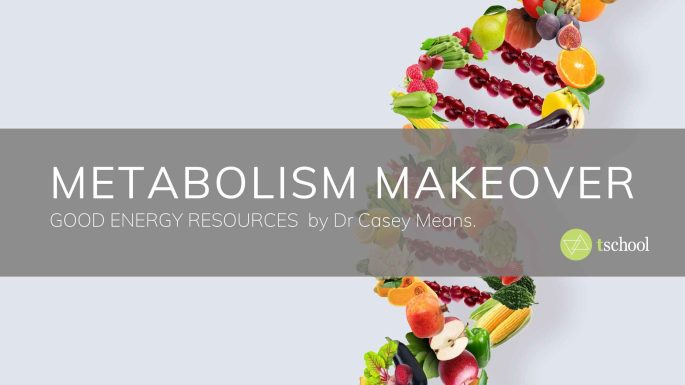
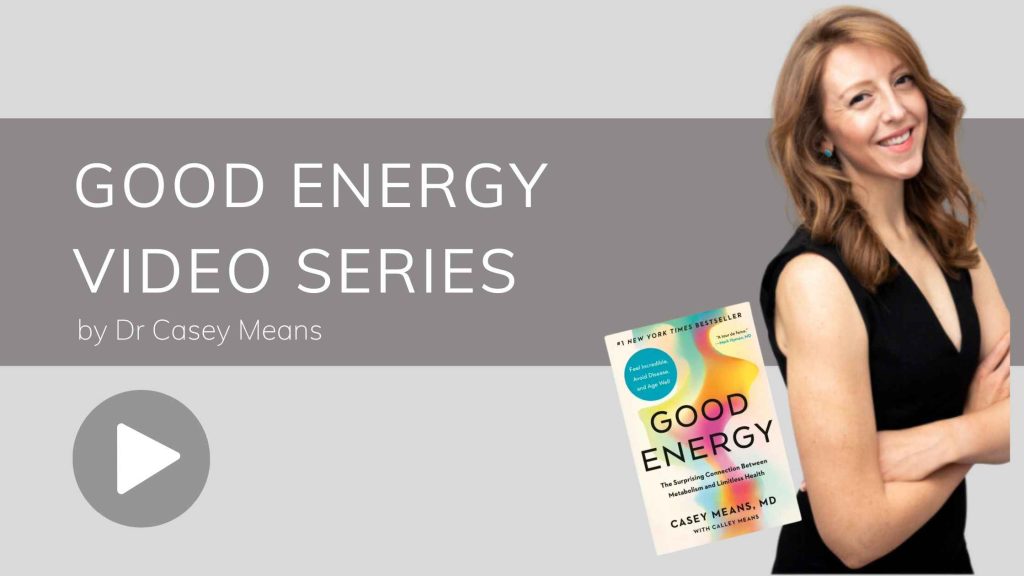
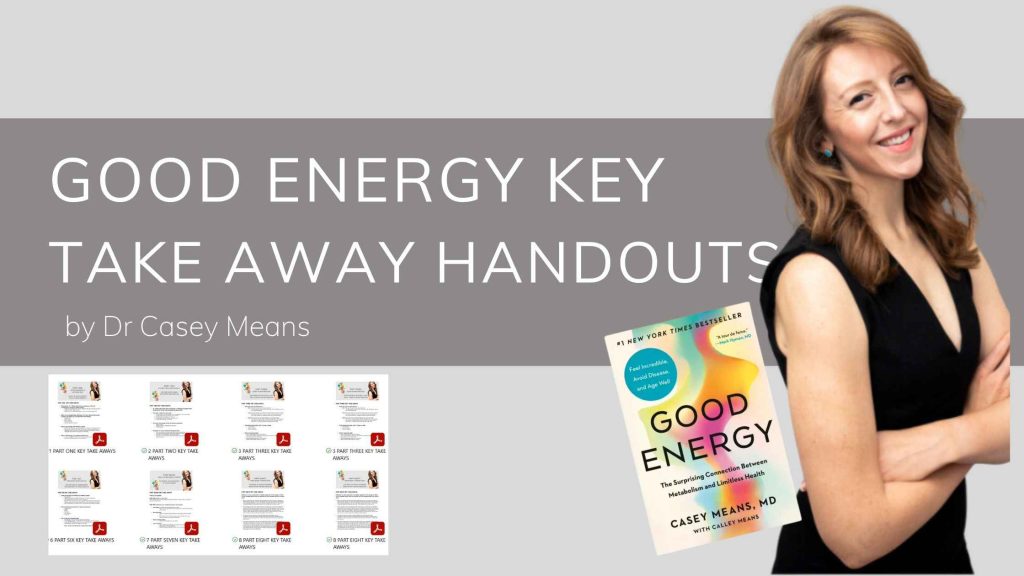
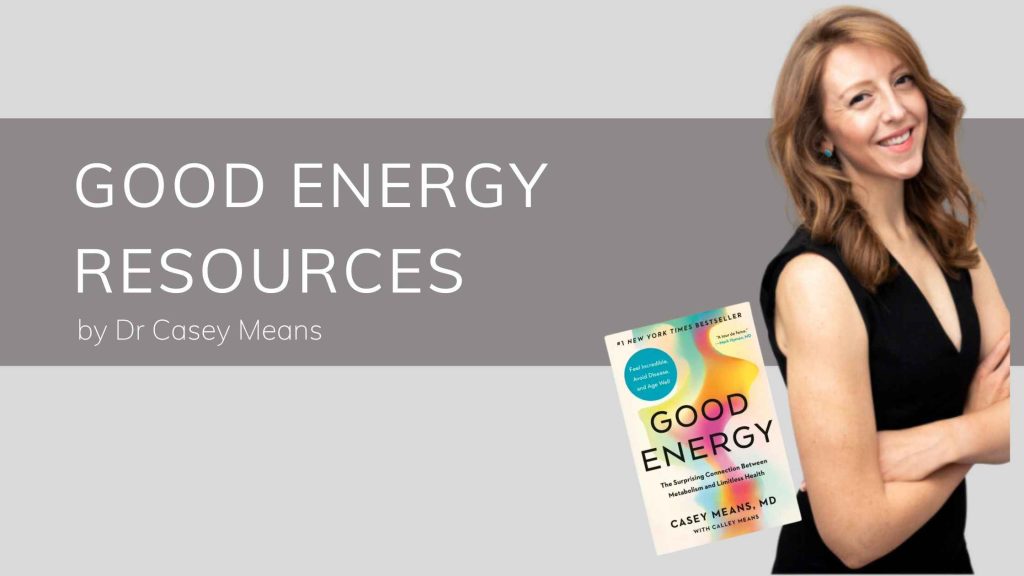



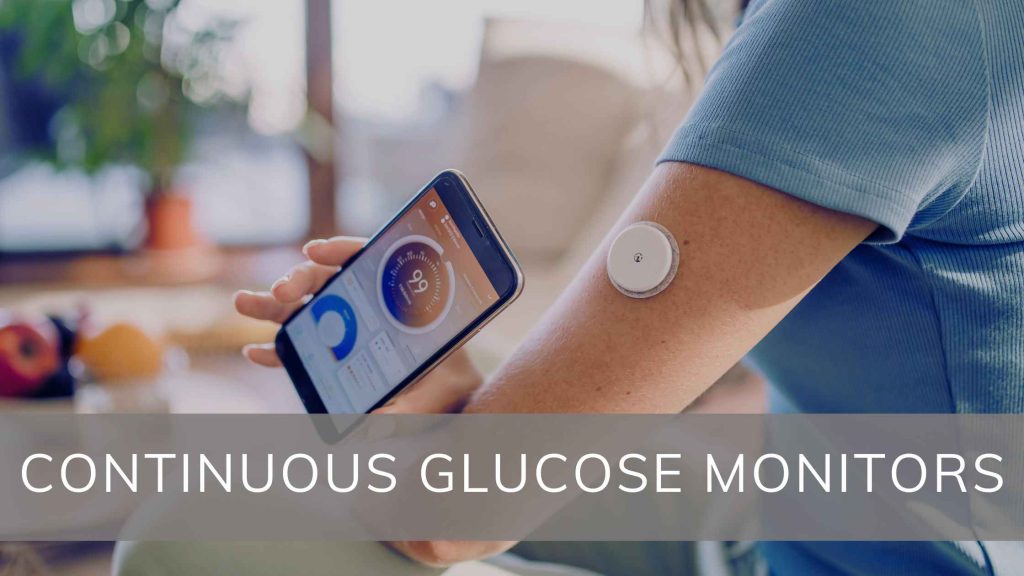

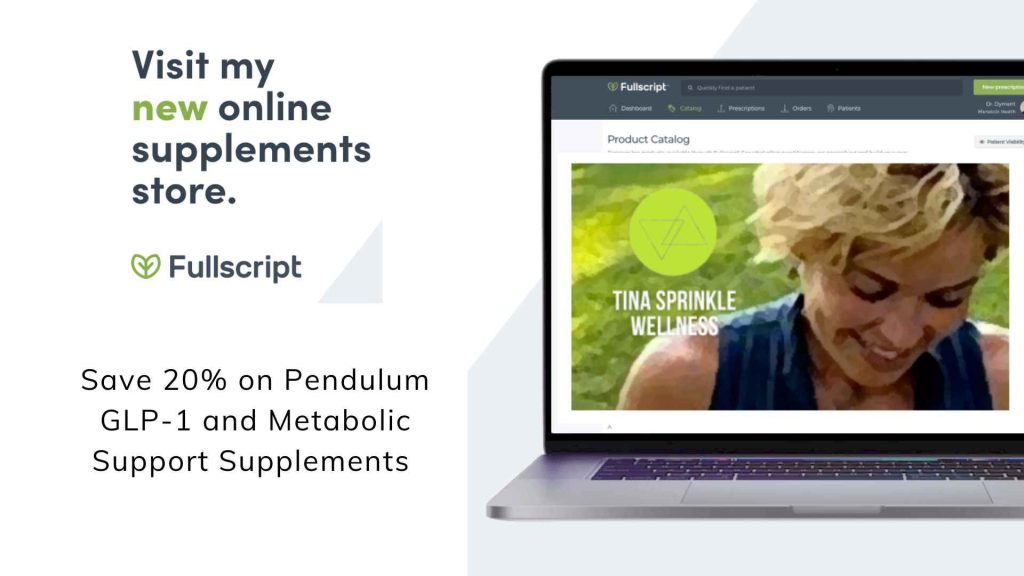
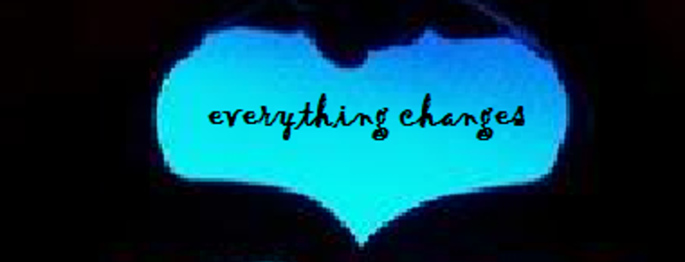
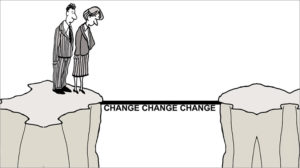



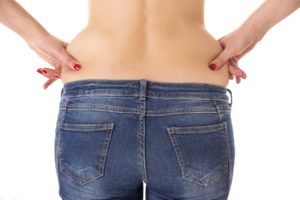
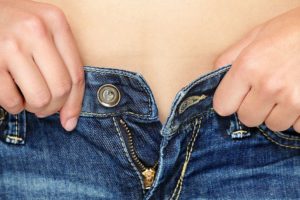
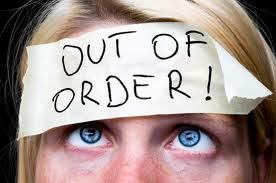
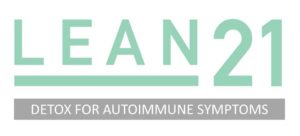 Click here for more information
Click here for more information
